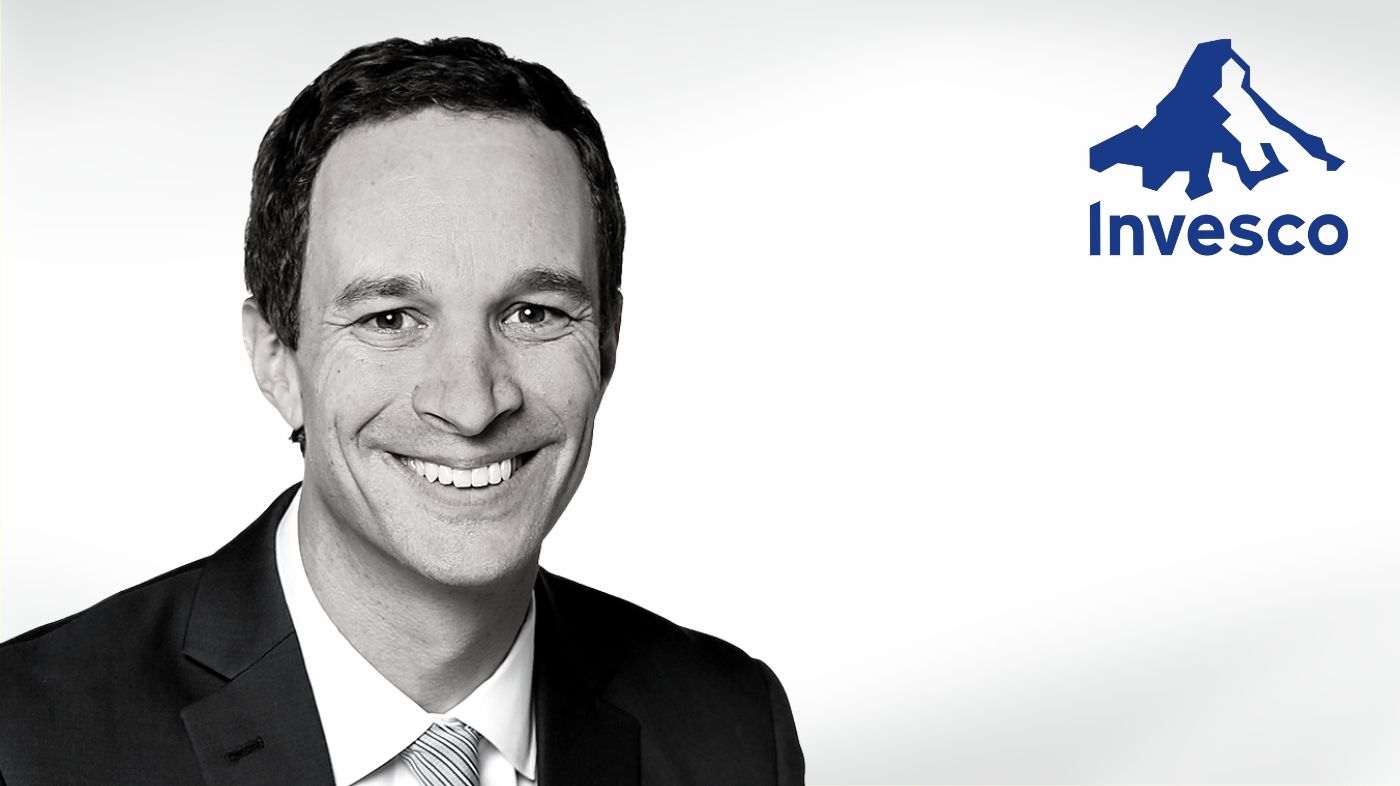 Brian Levitt, Global Market Strategist, Invesco, and Jason Bloom, Director, Global Macro ETF Strategy, Invesco, discuss the changing opportunities for investors as the reopening of the economy continues to unfold.
Brian Levitt, Global Market Strategist, Invesco, and Jason Bloom, Director, Global Macro ETF Strategy, Invesco, discuss the changing opportunities for investors as the reopening of the economy continues to unfold.
Inflation has been a pressing concern for investors as the economy began to recover. Bloom asserts that though investors should always keep inflation concerns in mind in order to protect their portfolios, they shouldn’t fear that inflation is on its way to becoming a problem.
At this point in the business cycle, there’s no reason to fear that inflation will become unwieldy or overtake a portfolio’s value. Some increases in price and the consumer price index (CPI) are the result of supply shortages. In some countries where goods are produced and where the vaccine rollout has been stalling, workers are unable to get back to work, which has disrupted the supply chain. As a result, high growth and high demand have been outstripping supply, and prices have been rising. Though the delta variant compounds these concerns, the continuation of the vaccine rollout over time is expected to alleviate these inflationary pressures.
In order to hedge core positions, Bloom recommends an allocation to broad commodities during an inflationary environment. Commodities are a much more potent inflation hedge than gold is, though many investors look back to gold prices skyrocketing during the inflation problem in the 70s, and mistake gold for a suitable inflation hedge in an inflationary environment. Bloom asserts that gold is a good diversifier and a powerful hedge in a deflationary environment, but broad commodities are a much better hedge in an inflationary environment.
Levitt adds that asset allocation depends entirely on the current position of the business cycle. He asserts that because we’re early in the cycle, credit will outperform treasuries, and stocks will outperform bonds. Additionally, valuations always look elevated at this stage in the cycle, about a year after a recession, because the market tends to recover before the economy and earnings do.
Levitt predicts that in the next few years, companies will start to grow into their multiples, and the stock market will go up, without valuations increasing any more. It’s important to evaluate the challenges of today’s economy by examining current dynamics that are driving inflation, rather than the past. Investors are often keen to compare today’s economy with that of the 60s and 70s, but Bloom echoes the remarks of Jerome Powell, the chair of the federal reserve, that today’s economy is structurally different from the past, and should be treated as such.
Invesco is an American investment management company with over a trillion dollars in AUM. Invesco operates out of twenty-five different countries, and has built its reputation on its investment capabilities, portfolio analytics, and business development and best practices.
To learn more, catch a replay of Invesco’s webcast: Beyond the recovery and the opportunities for investors.
Driven by increasing vaccination rates and easing state and local restrictions, the economy continues to open, providing opportunities for investors. These opportunities are emerging beyond just traditional equity and fixed income investments. Policy changes and economic shifts are affecting everything from value stocks to commodities to real estate and other alternatives. Join us in this session to learn more about how these shifts could impact your holdings, and how you can better position your portfolio.

